Not even a full month after its release, Capcom confirmed that their latest big production Monster Hunter: World had passed 6 million copies worldwide between physical shipments and digital sales. That number confirmed ‘World’ as the fastest selling entry in the series and surprised even the top executives of the company, who had projected the game to have a much slower adoption by the public. The game is so successful that is seen as the key to PS4’s recent renaissance in the Japanese sales charts. The situation represents a stark contrast with other big productions of the Japanese developer released over the last five years, and perhaps signals a change of cycle in which brands like Monster Hunter grow more popular at a global scale, while other classic properties might not able to recover from their current situation.
The poor situation of most of Capcom’s franchises cannot be overstated
The new worldwide appreciation for Monster Hunter couldn’t have come at a better time, as Capcom has had a tough generation so far. The iconic Japanese developer has tried to adapt its main properties to the current state of the industry, in which Western countries offer incresingly more financial opportunities than the Japanese market. However, the transitions have not had the desired effect and some brands have retained their international appeal but diminished their following in Japan, while others simply haven’t sold according to expectations. Everything has pointed towards a general crisis that could put the value of the company in danger if not addressed in an appropriate way.
The poor situation of most of Capcom’s franchises cannot be overstated: Launched in February 2016, Street Fighter V had barely passed 2 million sales by December 2017, despite coming from a fourth entry that had sold 7 million copies with all editions. Another 2016 title, Dead Rising 4, sold less than a million copies worldwide, even though the company expected 2 million sales. Resident Evil 7 was met with critical acclaim worldwide and excellent reception in North America and Europe, but in Japan it had one of the worst debuts of the series ever. Finally, Marvel vs. Capcom: Infinite bombed in all territories, which lead to the EVO organization to drop the series for the first time in its nearly 20-year history for the 2018 edition.
Since last year, the company has engaged in a process to make those titles more appealing by re-releasing them with extra content like Street Fighter V: Arcade Edition, Resident Evil 7: Gold Edition, or in the case of Dead Rising 4: Frank’s Big Package, launching the game on new platforms. But re-releases rarely transform a failing game into a bestseller, and this strategy won’t be able to completely reverse the situation of those brands.
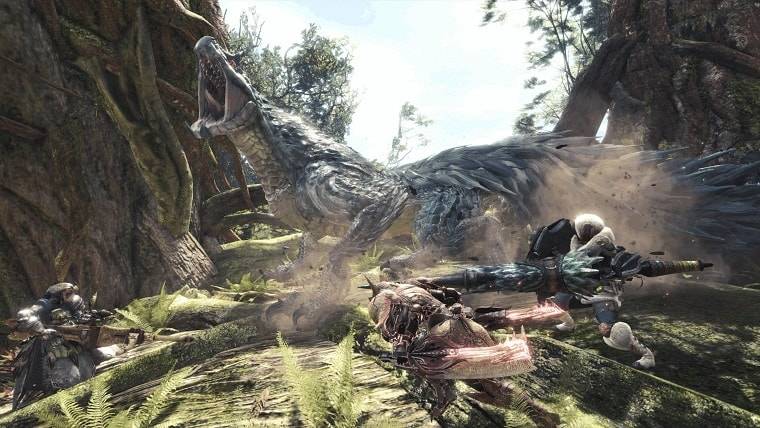
There was one franchise that still hadn’t tested its appeal in the current landscape, and that was Monster Hunter. Originated in PlayStation 2, and reaching phenomenom status in PlayStation Portable, the series had continued to pull gigantic sales in Japan through Nintendo platforms. However, the series seemed to be unable to replicate its fervient Japanese following to other territories. In order to do so, Capcom was willing to switch the focus of the brand back to home consoles, and away from Nintendo platforms, a risky move considering the dissaffect of the Japanese public to TV-tied consoles and the current dominance of Nintendo in the local market.
There were reasonable doubts about this evolution
Still, Monster Hunter: World was unveiled on E3 2017 presenting vast gameplay changes that implemented an open-world system and a gigantic technological jump coming from the previous main entry for Nintendo 3DS. The game looked incredible, but there were reasonable doubts about this evolution. For starters, Nintendo users felt understandably left out, not knowing if the new game would be worthy of investing on a new console, but also the adoption of a more Western-friendly environment could also lead to a casualization of the mechanics, instead of offering the same demanding experience that the fanbase is so familiar with, not too different from games that base their appeal on their high difficulty, like the Dark Souls series.
Thankfully, subsequent betas and the final release proved that the development team had simply updated the mechanics while also leaving the core experience untouched. Satisfying longtime fans while also appealing to a more general audience in the West.
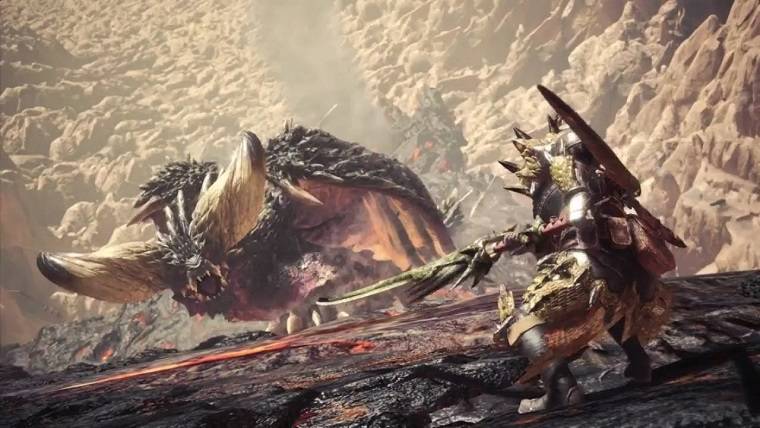
So, what did Capcom get so right with Monster Hunter that went so wrong for other franchises? Well, for starters, MH: World is a fantastic game, which titles like Dead Rising 4 and Marvel vs. Capcom: Infinite were not. The original version of Street Fighter V was praised for presenting a great base to build a very good entry in the future, but it was sorely lacking in content and more refined game modes. On the other hand, many thought Resident Evil 7 was a fantastic update of the concept of the series, but aspects as its very obvious American setting or the absence of any of the iconic protagonists made it feel like a spin-off rather than a main entry, at least for Japanese customers.
What seems clear is that the company is currently transitioning to an era where its main properties have switched their relevance as part of their global business. The future of Monster Hunter looks brighter than ever, there is a new Mega Man coming this year, and the remake of Resident Evil 2 is also expected to pull huge numbers -if done right. But Capcom Vancouver has already confirmed that they are lowering the scale of the next Dead Rising, while being left off EVO is a big blow to the popularity of Marvel vs. Capcom. Even Street Fighter V: Arcade Edition has brought back critical acclaim to the series, but the re-release doesn’t seem to have attracted many casual players. Certainly the following sequels of each series will be the decisive moment to confirm or deny their decay.



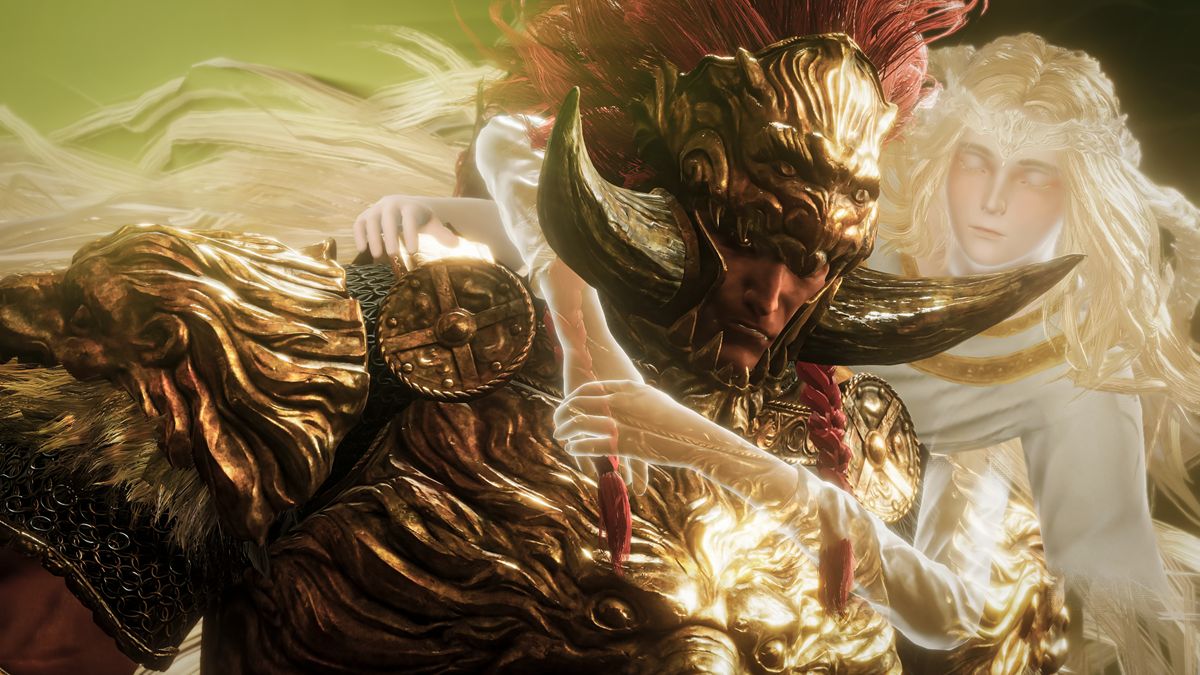
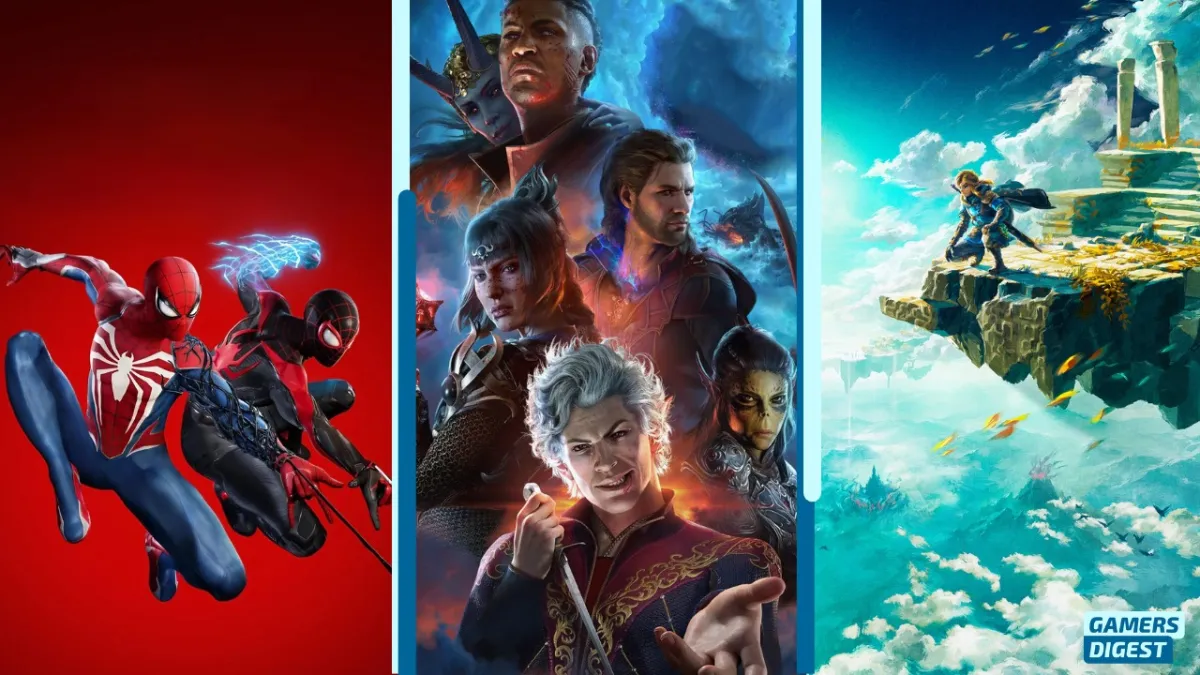
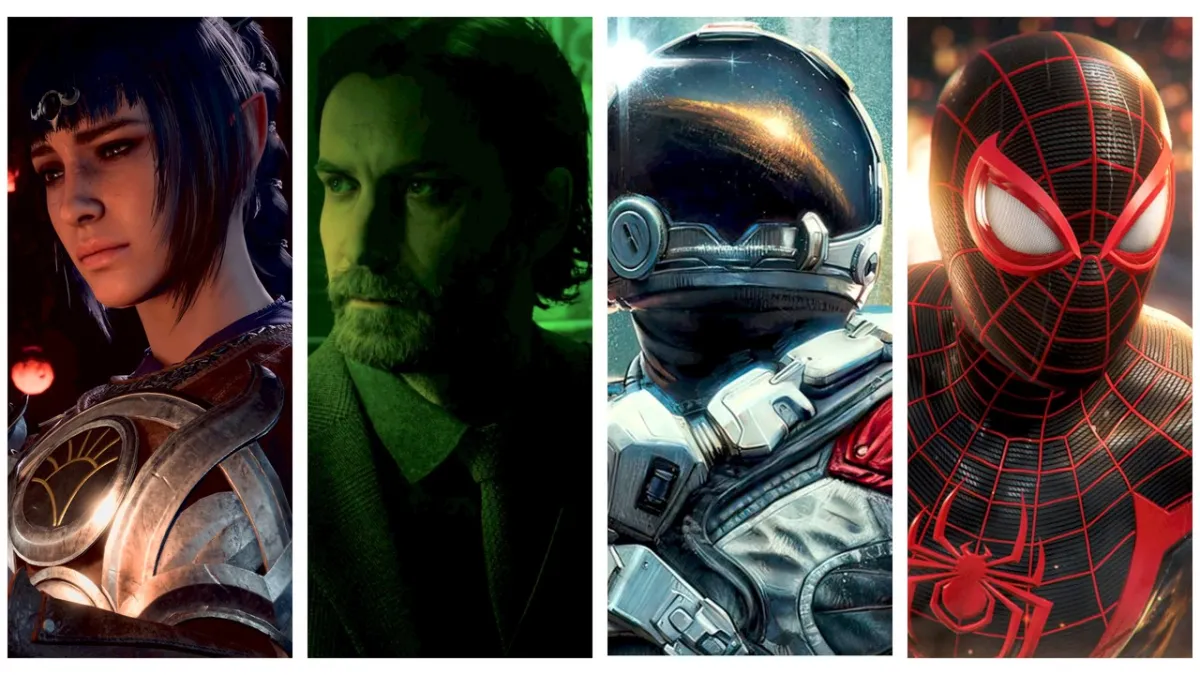
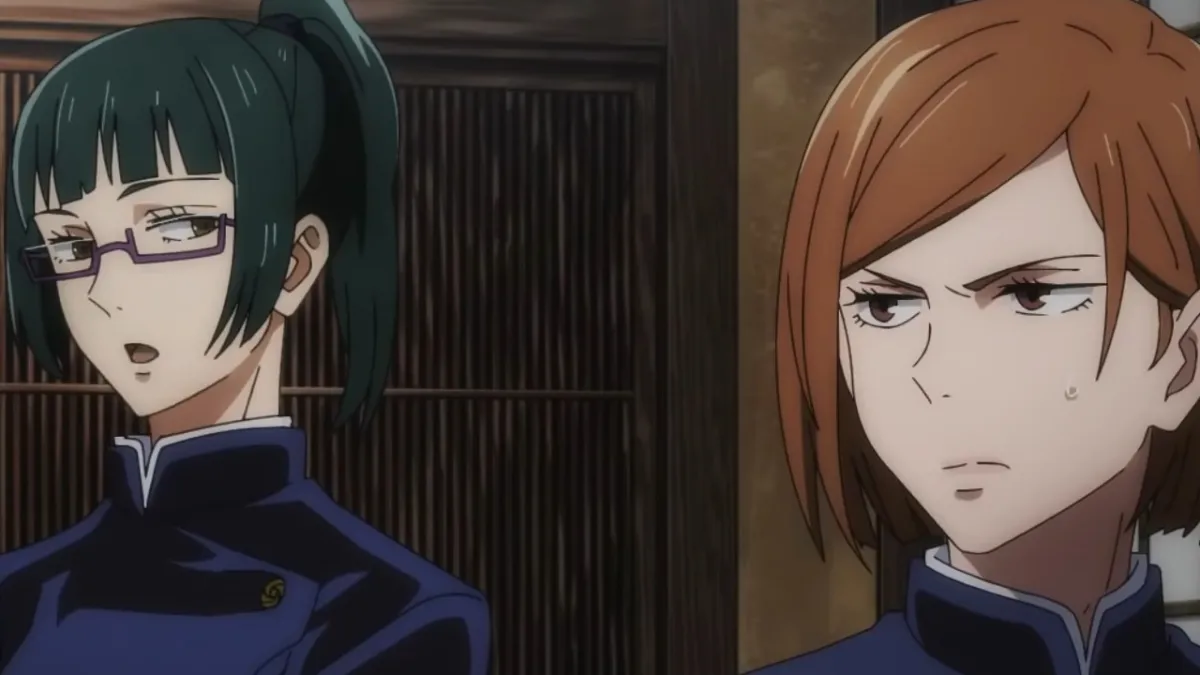
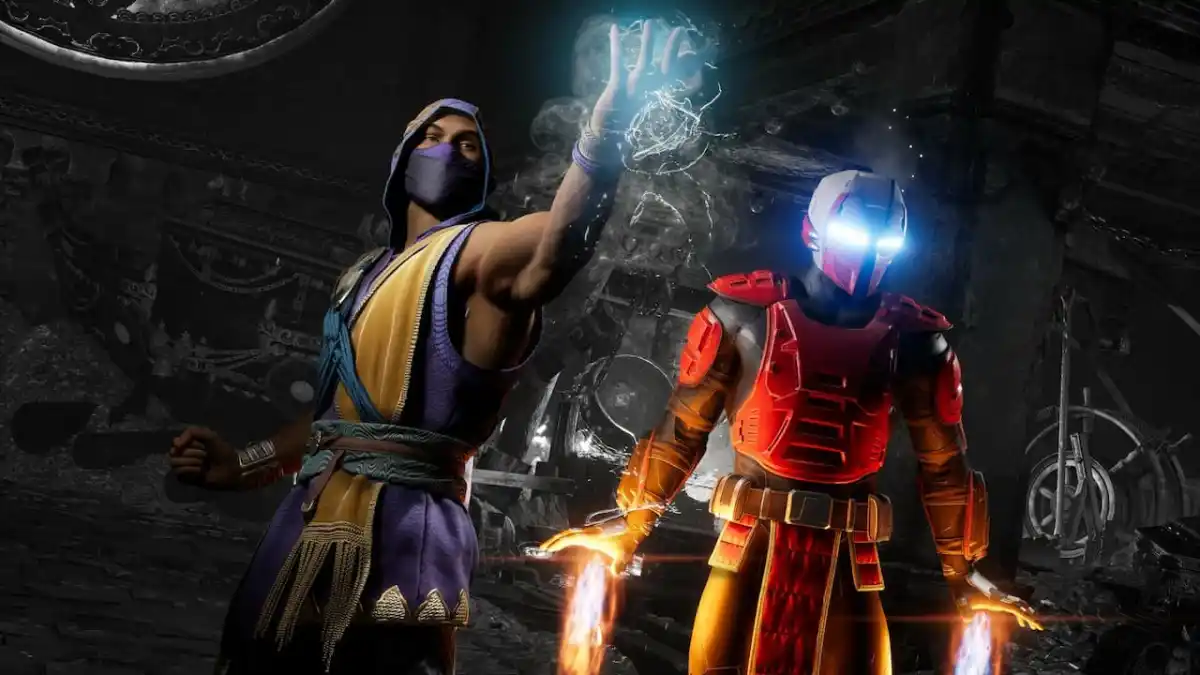
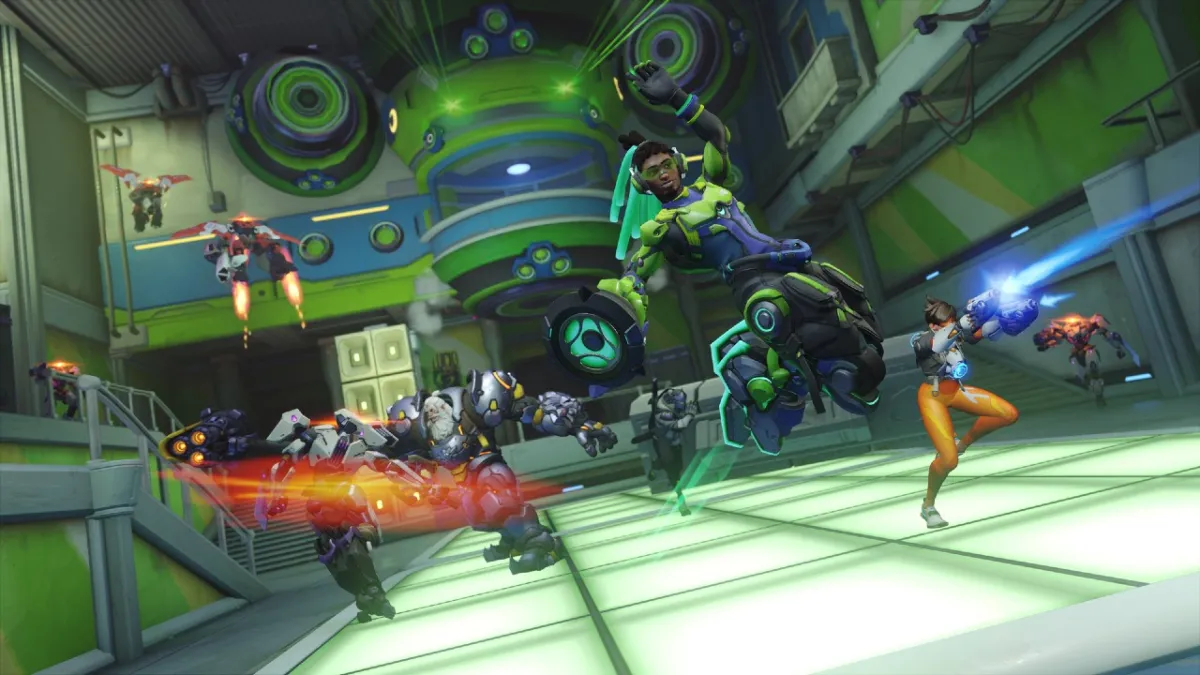

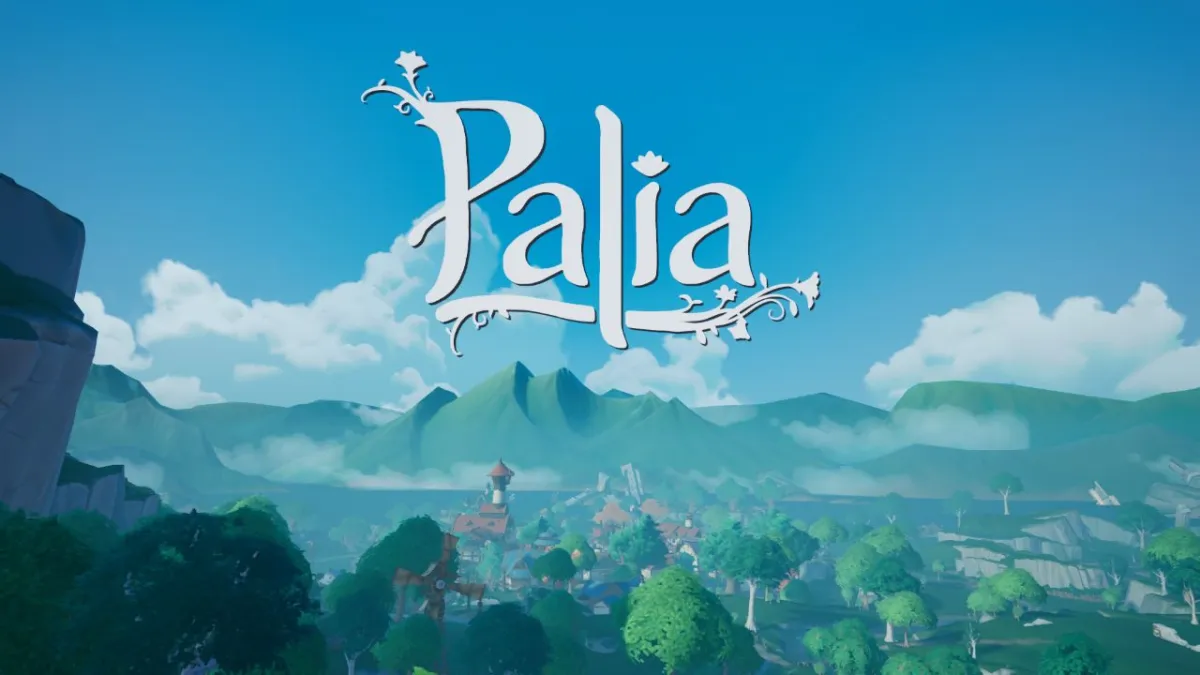
Published: Feb 19, 2018 11:08 am